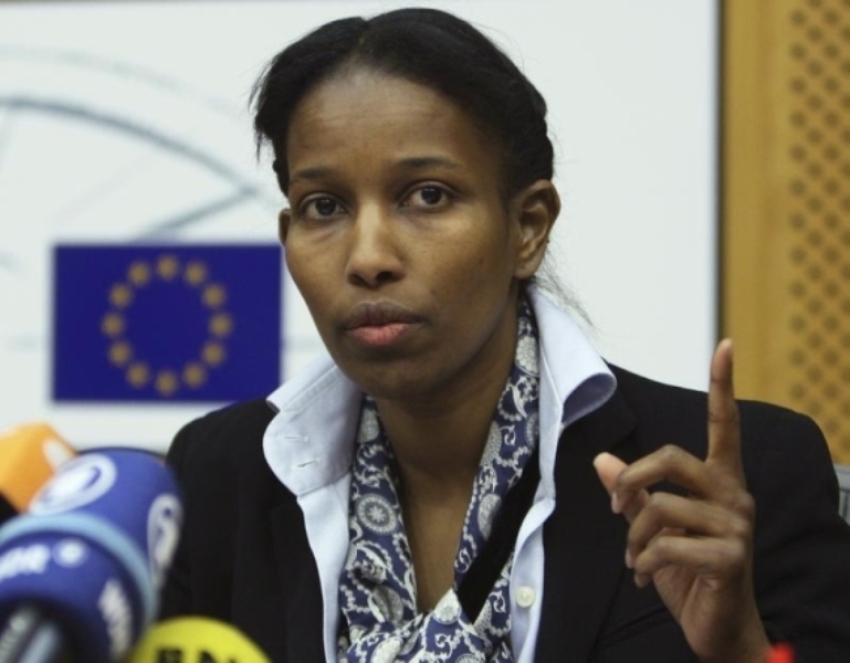Atheists Outraged by SPLC Branding Atheist Critics of Radical Islam 'Anti-Muslim Extremists'

Sam Harris and several other prominent members of the atheist community have condemned the Southern Poverty Law Center's recent decision to brand atheist authors critical of radical Islam as "anti-Muslim Extremists."
Harris, who himself has written books, articles, and made numerous commentaries on the dangers of Islamic extremism, described the SPLC's move as "unbelievable," and retweeted several messages by other atheists and supporters who also could not understand why Ayaan Hirsi Ali and Maajid Nawaz have found themselves of the "extremist" list.
As the SPLC notes in its report, Hirsi Ali is a Somali-born activist who says that she suffered female genital mutilation and fled civil war in Africa, but questions key parts of her persecution story, and argues that "she now positions herself as an ex-Muslim champion of women's rights, her anti-Muslim rhetoric is remarkably toxic."
SPLC also brands Nawaz as a former radical who uses his experience to "savage Islam," and also accuses him of fabricating parts of his experience in order to present a negative image of Islam.
Hemant Mehta of The Friendly Atheist blog noted that both Nawz and Hirsi Ali believe that Islam is "uniquely problematic compared to other religions," and have encouraged moderate Muslims to help steer the religion in the right direction.
Mehta wrote that the SPLC's decision to brand the authors as "anti-Muslim Extremists" makes him wonder "why anyone should take the SPLC seriously at this point."
He added: "If criticizing religious beliefs makes them extremists, then it won't be long before other vocal atheists end up on that list too. And make no mistake, that's what Nawaz and Hirsi Ali are doing. That's all they're doing. They're not anti-Muslim; they work with moderate Muslims. They're critical of the worst aspects of Islam."
Sarah Haider of Ex-Muslims of North America noted that both Nawaz and Hirsi Ali have been targeted by radicals and threatened with violence for speaking out against real extremists, and warned that the SPLC's decision will make it even harder for critics to speak out.
"Already, too few are willing to stand up to religious privilege for the sake of human rights. When that privilege belongs to a religion whose followers include some ready to die (and kill) for the honor of their faith, activists face devastating costs," Haider wrote.
"This report is an example of the careless, reactionary response by the American media (on both the right and the left) to the challenge posed by this religion."
Several Christian conservatives have also found themselves on the SPLC's lists, particularly for speaking out against gay marriage, such as the Washington, D.C.-based Family Research Council.
George Yancey, professor of sociology at the University of North Texas, has accused the SPLC of failing to use objective criteria in determining which organizations should be labeled a "hate group," however.
"The subjective nature of the criteria for determining a hate group provides a conceptual structure more vulnerable to social bias than an objective criteria applying to groups across a wide political, cultural, and religious spectrum," Yancey wrote in a 2014 study.



























